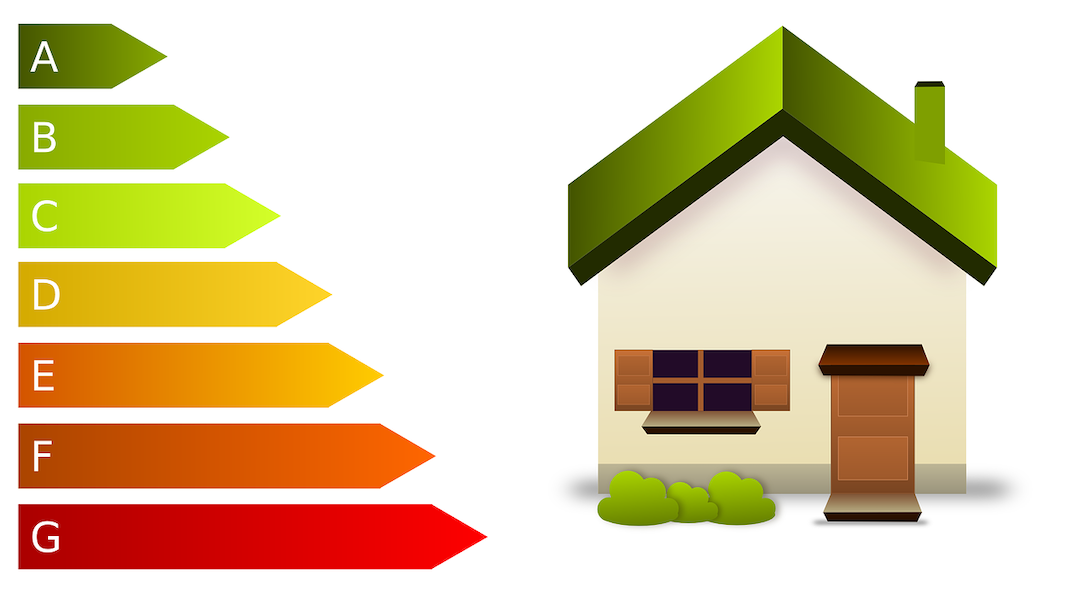Recent findings from the Better Buildings Partnership raise serious questions about the efficacy of energy efficiency ratings used in the United Kingdom.
The study found that buildings that have received the highest rating—an A Energy Performance Certificate—use more energy than some of their peers rated C, D, E, or F. The analysis of self-reported energy data in 2020 for more than 1,100 commercial properties found that the median energy intensity for all B-rated buildings is higher than for C-rated buildings.
The disparity between how buildings are designed and their actual greenhouse gas emissions is widespread in the U.K. The findings are in line with past evidence that green building certifications based on predicted energy use don’t necessarily translate to energy savings in the field.
Some studies have found that LEED certification yields better energy efficiency, but others have found that certified buildings use more energy than non-certified buildings. The U.S. Green Building Council maintains that its own research shows certified buildings are overall more efficient.
Part of the explanation for the disparity between ratings systems and real-world results could be due to the limitation of assessments that only predict potential energy efficiency. In practice, building management systems may not be set up or used properly. In addition, people sometimes undo the efficiency design by bringing fans into buildings or installing additional air conditioners.
Related Stories
Codes and Standards | Feb 16, 2021
Bechtel joins international heat resilience organization
Experience designing resilience standards to aid effort to protect communities from extreme heat.
Codes and Standards | Feb 10, 2021
More than two-thirds of construction companies say COVID-19 has not impacted their ESOP
Half of survey respondents say 2020 project profitability decreased due to pandemic.
Codes and Standards | Feb 9, 2021
New Jersey approves new electric vehicle-ready home requirement
Homebuyers must be given option for charging station on new construction.
Codes and Standards | Feb 9, 2021
New California law removes barriers to residential development
Measure removes restrictions for ADUs in urban areas and master planned communities.
Codes and Standards | Feb 8, 2021
Alliance yields more accurate data for rating and certifying systems of construction materials
Crosswalk API offers trusted format to specify and procure healthier products.
Codes and Standards | Feb 4, 2021
2021 IBC requires automatic doors for entrances to public buildings
One door must be either a full power-operated door or a low-energy power-operated door.
Codes and Standards | Feb 3, 2021
Two new International Code Council online code tools released
Offer detailed information about global building code usage and U.S. adoptions.
Codes and Standards | Feb 2, 2021
Biden tells OSHA to bolster COVID-19 safety rules
Order could lead to a national playbook for fighting COVID-19 on jobsites.
Codes and Standards | Feb 1, 2021
Fenestration Alliance updates standard for mulled combination assemblies
Last updated in 2010, document describes procedures and requirements for air leakage, water resistance, and structural performance.
Codes and Standards | Jan 28, 2021
Natl. Fire Protection Assn. releases new energy storage system fact sheet
Comes as Biden Administration prepares ambitious clean energy agenda.

















